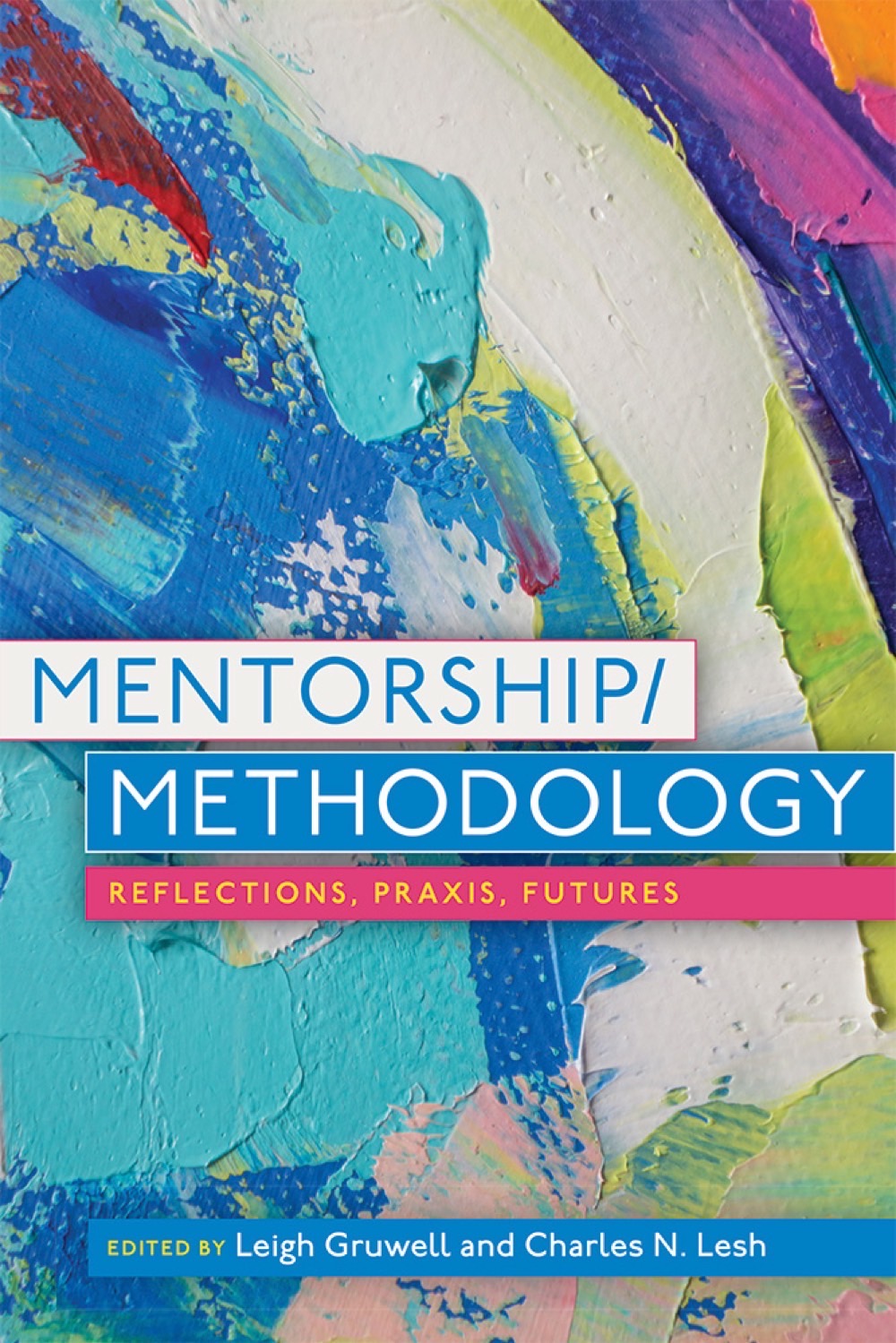Feminist Technical Communication
Apparent Feminisms, Slow Crisis, and the Deepwater Horizon Disaster
Accessibility Tools
Reflections, Praxis, and Futures

“This is a valuable contribution to writing studies that builds on mentorship and methodology research in the field.”
—Laura Gonzales, University of Florida
“An important contribution to our understanding of research methodologies and mentoring practices.”
—Michelle Eble, East Carolina University
“These authors offer a way to consider mentorship as a system that encompasses not only the what of the relationship, but also the how.”
—Literacy in Composition Studies
“Gruwell and Lesh fill a notable gap in the field of writing studies, providing a contemporary text with multiple approaches to mentorship across contexts, place, and time.”
—Composition Forum
Mentorship/Methodology brings together emerging and established scholars to consider the relationship between mentoring practices and research methodologies in writing studies and related fields. Each essay in this edited collection produces a new intellectual space from which to theorize the dynamics of combining mentoring and research in institutions and communities of higher education.
The contributors consider how methodology informs mentorship, how mentorship activates methodology, and how to locate the future of the field in these moments of intersection. Mentorship, through the research and relationships it nourishes, creates the future of writing studies—or, conversely, reproduces the past. At the juncture where this happens, the contributors inquire, Where have current arrangements of mentorship/methodology taken writing studies? Where do these points of intersection exist in performance and practice, in theory, in research? What images of the field do they produce? How can scholars better articulate and write about these moments or spaces in which mentorship and methodology collide in productive disciplinary work?
By making the “slash” more visible, Mentorship/Methodology provides significant opportunities to support and cultivate diverse ways of knowing and being in rhetoric and composition, both locally and globally. The volume will appeal to students and scholars of rhetoric, composition, and technical and professional communication, as well as readers interested in conversations about mentorship and methodology.
Contributors: Leslie Anglesey, Lesley Erin Bartlett, Jessica Clements, Elise Dixon, Devon Fitzgerald Ralston, Michelle Flahive, Elizabeth Gelb Chavin, Eric House, Keaton Kirkpatrick, Brad Lucas, Aurora Matzke, Kelly Medina-López, Melissa Nicolas, Gregory J. Palermo, John Pell, Mya Poe, Thomas Polk, Malea Powell, Devon Skyler Regan, Jessica Rivera-Mueller, Alisa Russell, Kellie Sharp-Hoskins, Anna Sicari, Trixie Smith, Sandra Tarabochia, John Paul Tassoni, Beth A. Towle, Qianqian Zhang-Wu